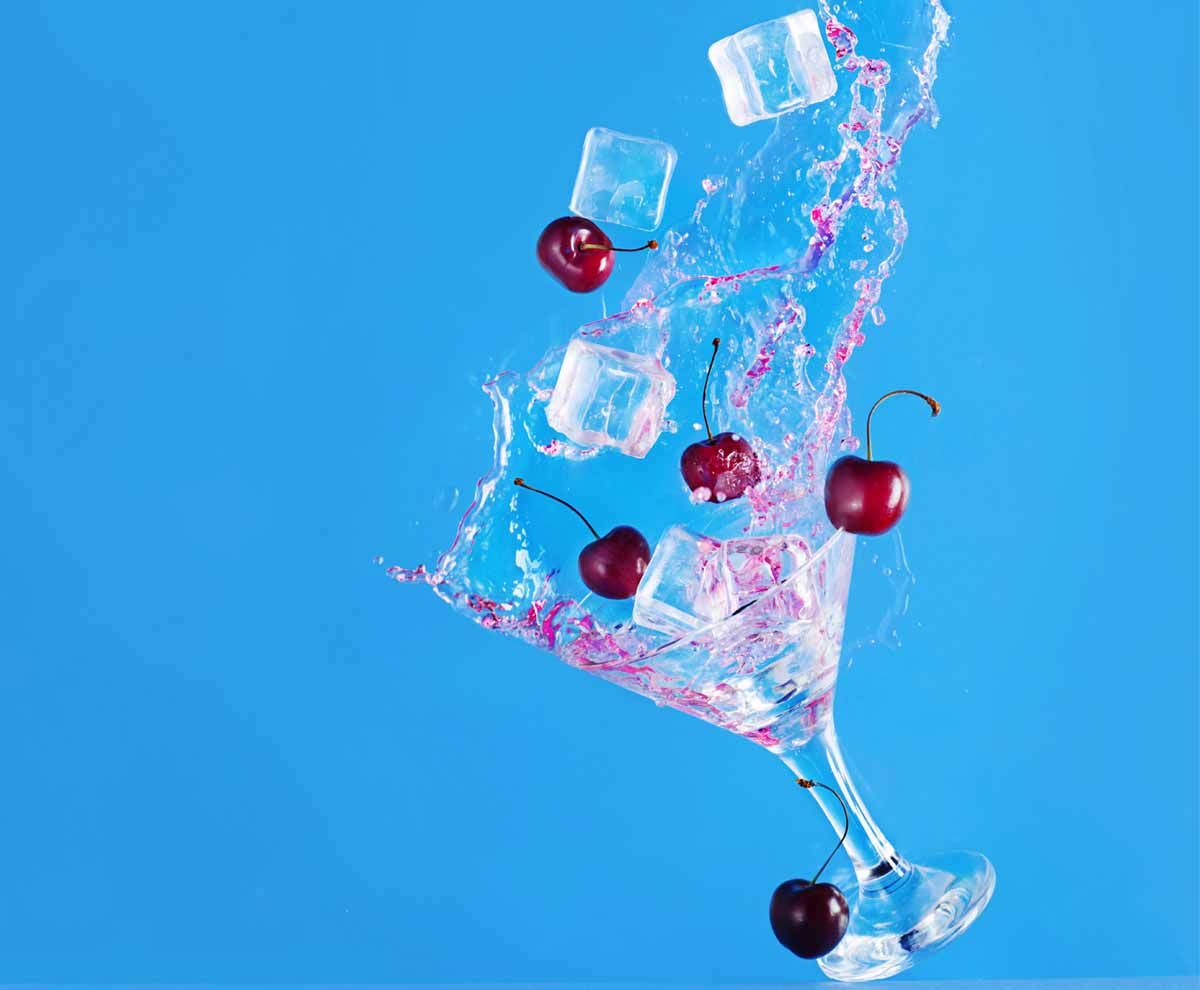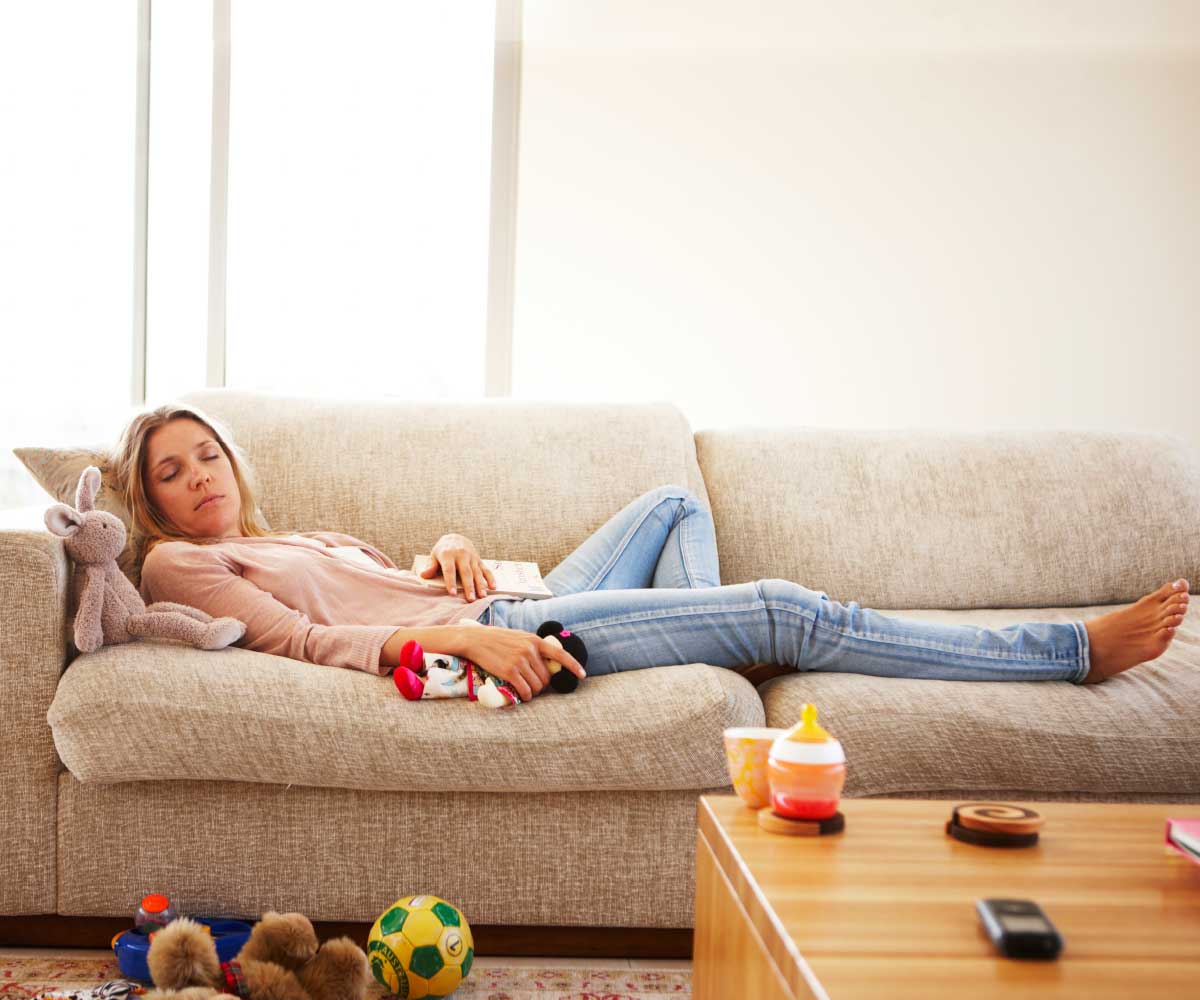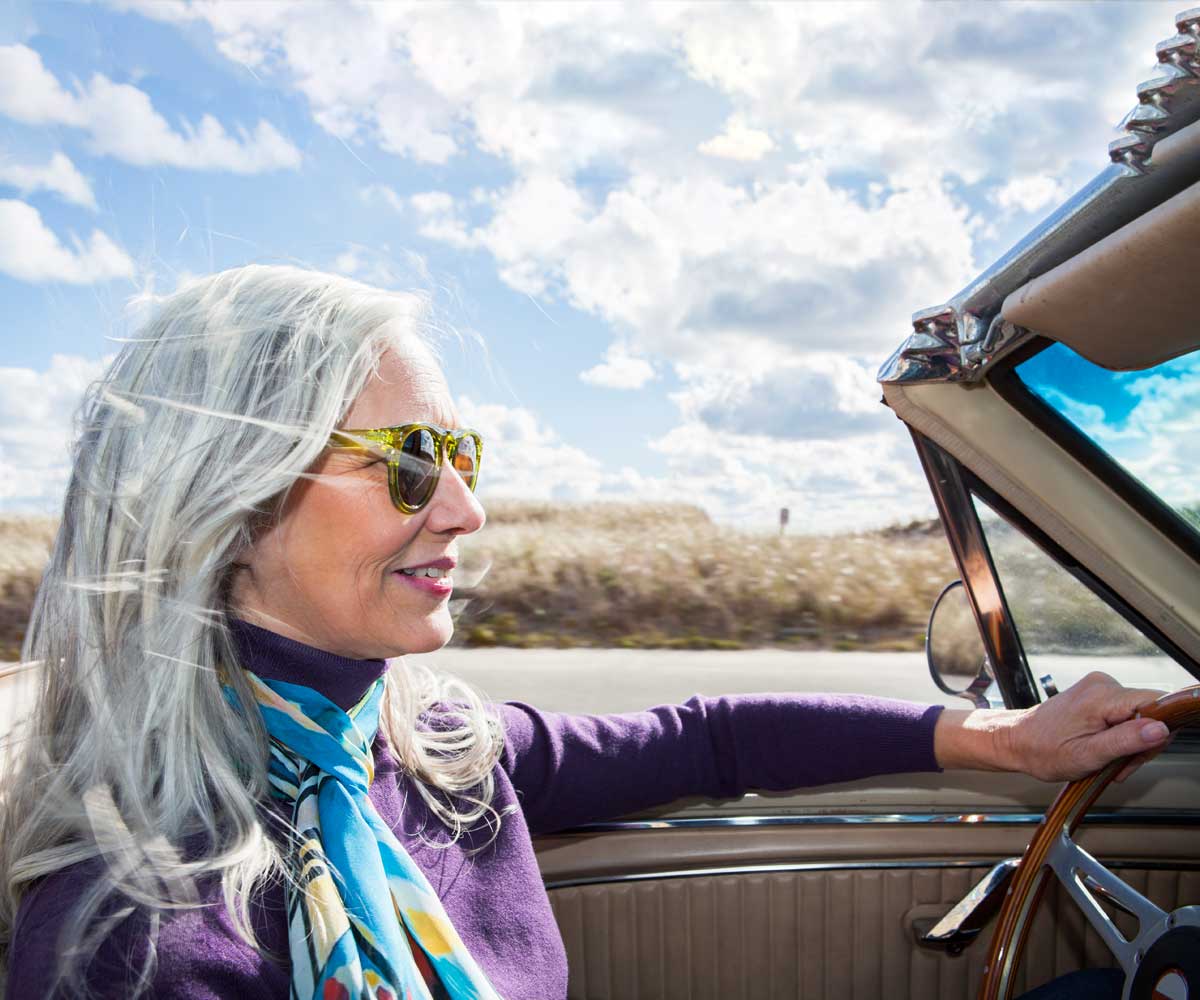Last week I met a friend at a fashionable Auckland bar.
I recognised the bartender, who looks like he is auditioning to be the next Keith Richards, although frankly, his mother wouldn’t even have been born when the Rolling Stones topped the charts. I asked him, “So, what do you have that is interesting and non-alcoholic?”. He did a lip curl. “A negroni?”
When I stopped drinking alcohol I thought it would be hard saying no, but I got it all wrong. Saying no to booze was easy – trying to find a way to explain this to other people was much harder.
You may not realise it, but we are all steeped in the alcohol Matrix. Drinking is our one acceptable defence mechanism in New Zealand. We use it copiously.
We drink to celebrate, to commiserate, to mourn, to let off steam, to get laid, to connect.
Alcohol is sanctioned as one of the few acceptable ways to process our dark emotions: if you are angry, depressed or sad, it is frowned on here to keen, to wail, to let it all hang out, to express your misery in plain and unequivocal terms. But let me get you a cold one. Get that down ya.
We admit this quite openly. Haven’t you ever seen a harried mother with the T-shirt: “Is it wine o’clock yet?”. Drinking is the acceptable way, even among the privileged elite, to express the pain of living, and especially the ambivalence of motherhood.
Freud was right: we love our kids and sometimes we hate our kids. As a short-term defence mechanism, a glass of wine can help us keep our fragmented selves together in our most desperate moments.
For those of us who have suffered from depression, getting drunk may have been a more benign response to our distress than the deadly alternative: drink could even have kept us alive. I can be grateful for emergency chardonnay.
But after a while, it starts to chafe that the only way to deal with excruciating emotional pain, or psychically unbearable family get-togethers, is with humour, cynicism and getting pissed.
I was the worst at this. Or maybe the best. I’m an old-school journalist. Being a pisshead is part of our DNA. This genre tends to include self-deprecating stories of outrageous inebriation.
“Remember that time I set my hair on fire at SPQR? And I had a Heineken for breakfast with curry! And those lunches that lasted 12 hours!”
You are accepted when you cope with your pain in this way. In New Zealand, people understand drinking. Trying to do feelings differently is not so easily fathomed. You feel alone. Turns out, explaining why I was going outside the alcohol Matrix was much harder than giving up drinking.
The one socially acceptable way to do this is to say you’re an addict. Everyone can deal with that label: now they have a box to put you in. You’re broken. Poor you with your dysregulated dopamine pathways. You’re never going to have any fun, ever again. But in return, the addict gets to feel sanctimonious and maybe write a slightly smug memoir about how grateful they are for their pristine born-again life. (One could argue being pious is worse than being a lush.) Of course I was tempted to go to AA meetings just because I am a therapy junkie and a writer, and think of the great material! But I would feel like a fraud. I am not powerless around alcohol.
I did not have craving, tolerance, with-drawal. What I was struggling with was not the business of stopping drinking, but finding an acceptable narrative to tell other people. I could be the party girl or the addict, but I didn’t want to be either.
I didn’t even know if I was swearing off alcohol forever. I just knew that at this point in my journey – yes, aren’t those cringey, non-cynical words! – I needed to do it sober. But try explaining that in a crowded bar when Brendan is buying a round.
Actually, I did. I decided to be completely honest about my reasons. And the reaction surprised me.
I said I was not drinking at the moment. This was not because I didn’t like the person I became when drunk or the role model I was being for my kids, or that it was bad for my health or that I wanted to remember my dreams, and what I had done the previous night (although these reasons were all true).
It was because I had become aware of the grand social delusion we all buy into thinking that we need to drink to have a good time, and that somehow we are deprived if we are not drinking. For once, I wanted to be able to stay in reality and stay present to what was happening. Surely I could stay in connection without feeling I needed to mentally absent myself by getting blotto?
I didn’t think alcohol was evil, “an attractively packaged poison” as Craig Beck, author of Alcohol Lied to Me, put it.
I just didn’t think it was aiding me in what I was trying to achieve right now. I wanted to prove you don’t need alcohol to have fun or enjoy life. You only think you do.
What surprised me, was how many people completely got it. Phantasia confessed she had only drunk to keep me company, and we had our best chats ever and played more board games. My sister got on the kombucha with me and nothing had changed, and my boyfriend drank sparkling water. My friend Enigma bought me spicy ginger ale, which made my sternum burn and said I was just as fun sober as I had been when I set my hair on fire. Instead of feeling alone, or joining AA, I felt seen and accepted.
All of our perceptions of alcohol come from society’s collective opinion of it. For most of my life I had always paired alcohol and celebration as natural bedfellows. But just as we were wrong about the earth being flat, or about many other things, maybe we are collectively incorrect about what alcohol gives us. As Annie Grace says in This Naked Mind, maybe it is not that alcohol makes drinkers happy, it’s that they are very unhappy without it.
I did have to suggest to Keith Richards that his bar might like to stock up on kombucha. He did a great sneer. I don’t think the bar finds me such a profitable customer any more.

For more great reads see the latest issue of NEXT magazine, on sale now.


